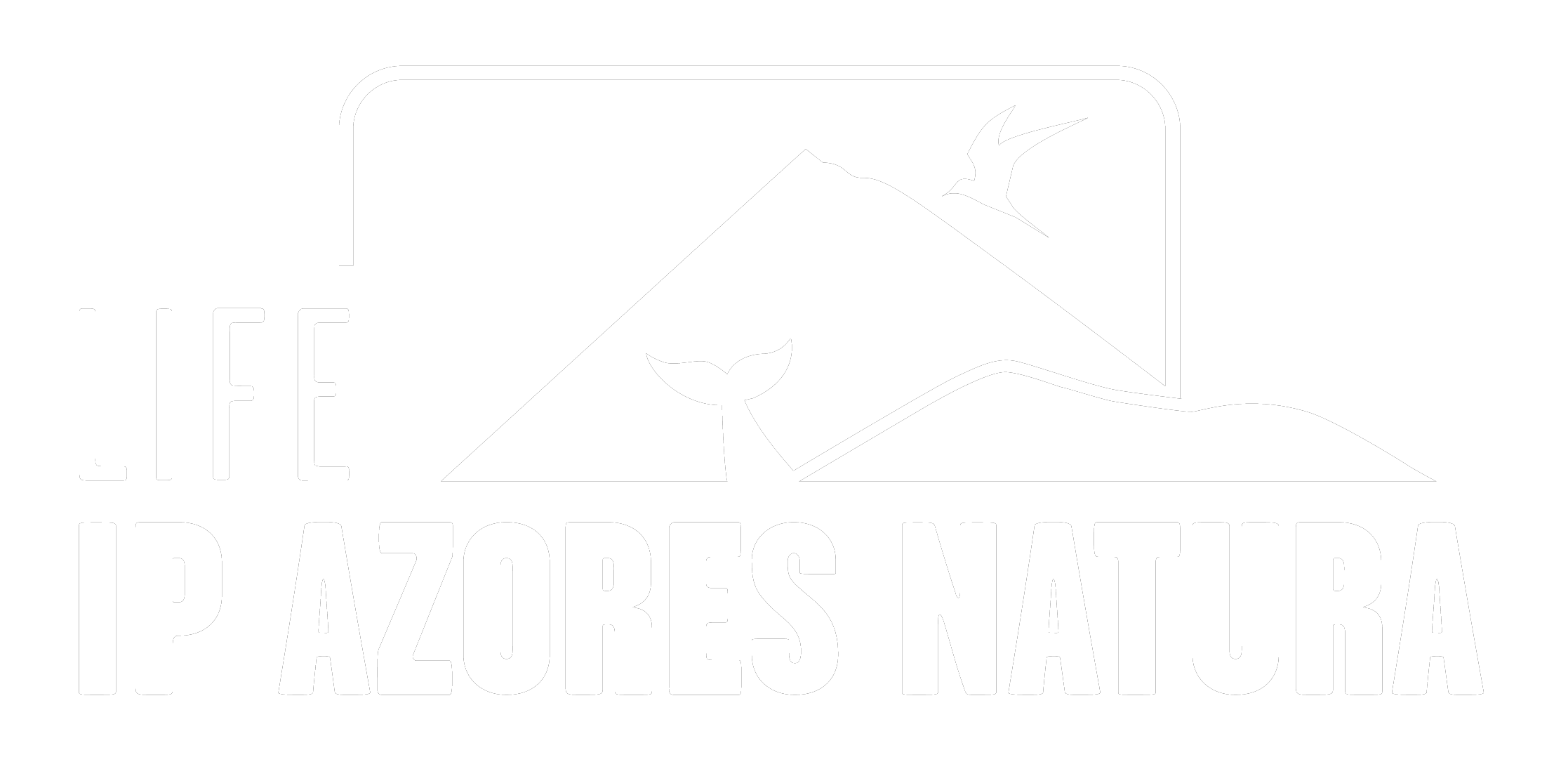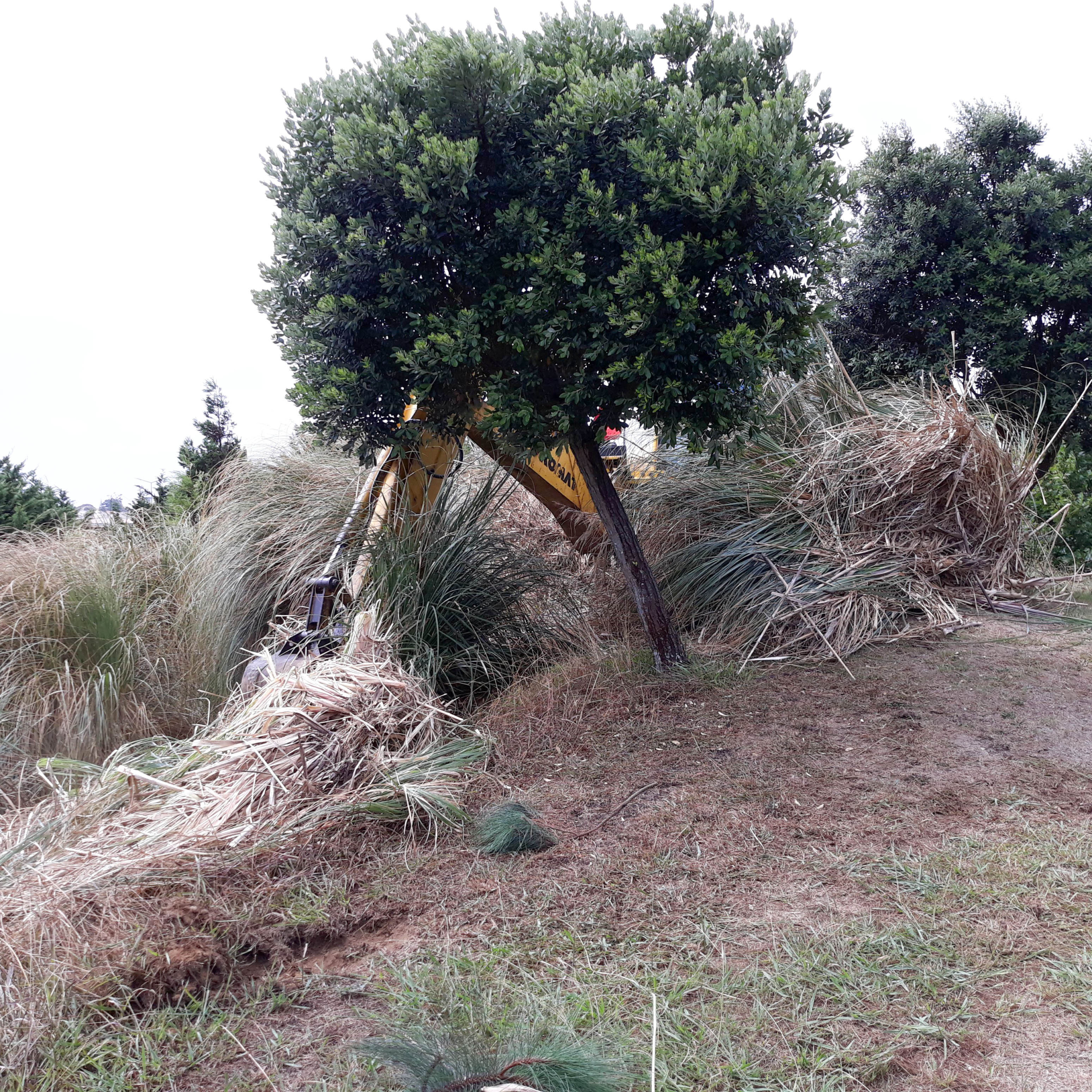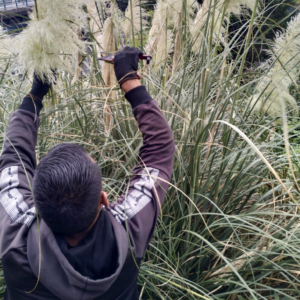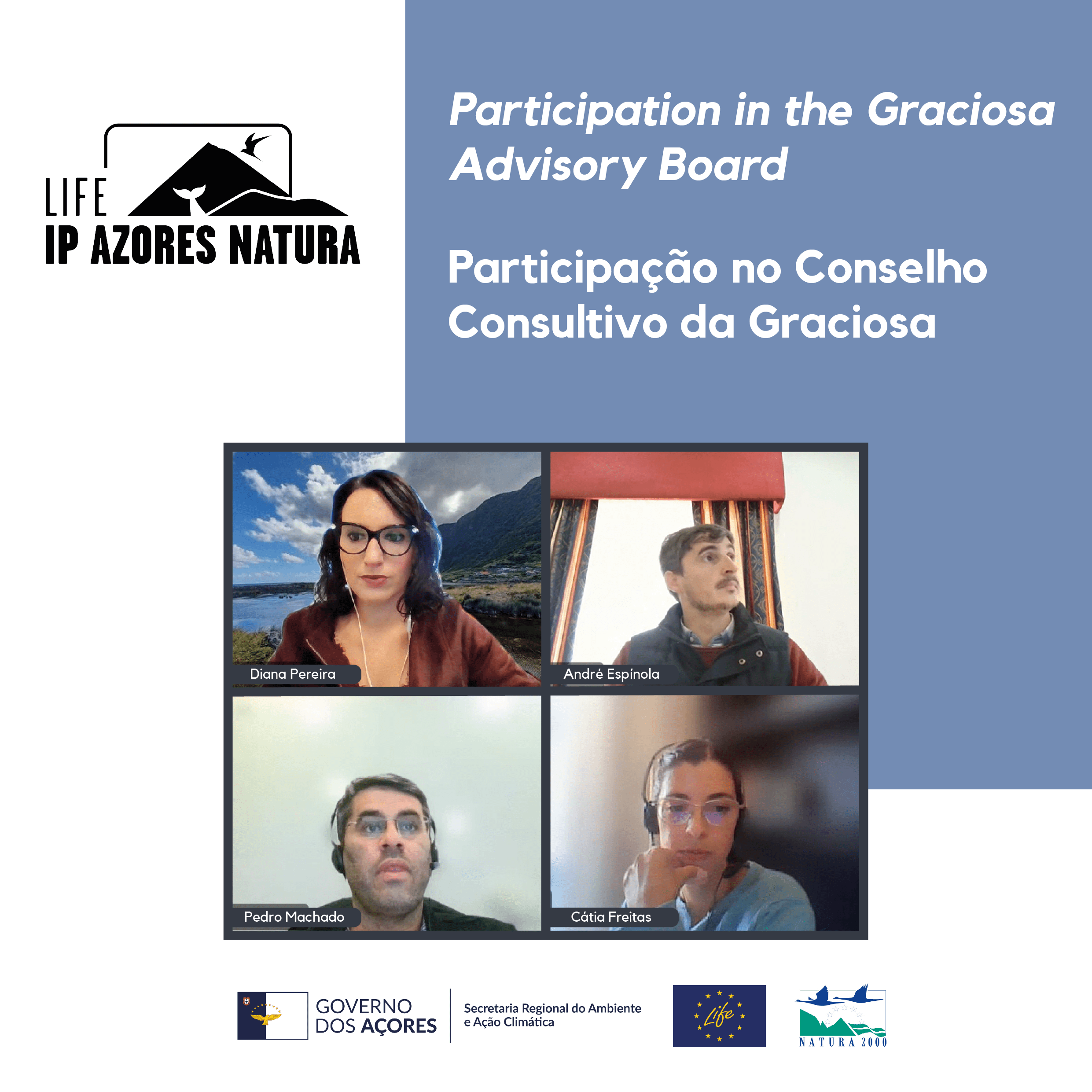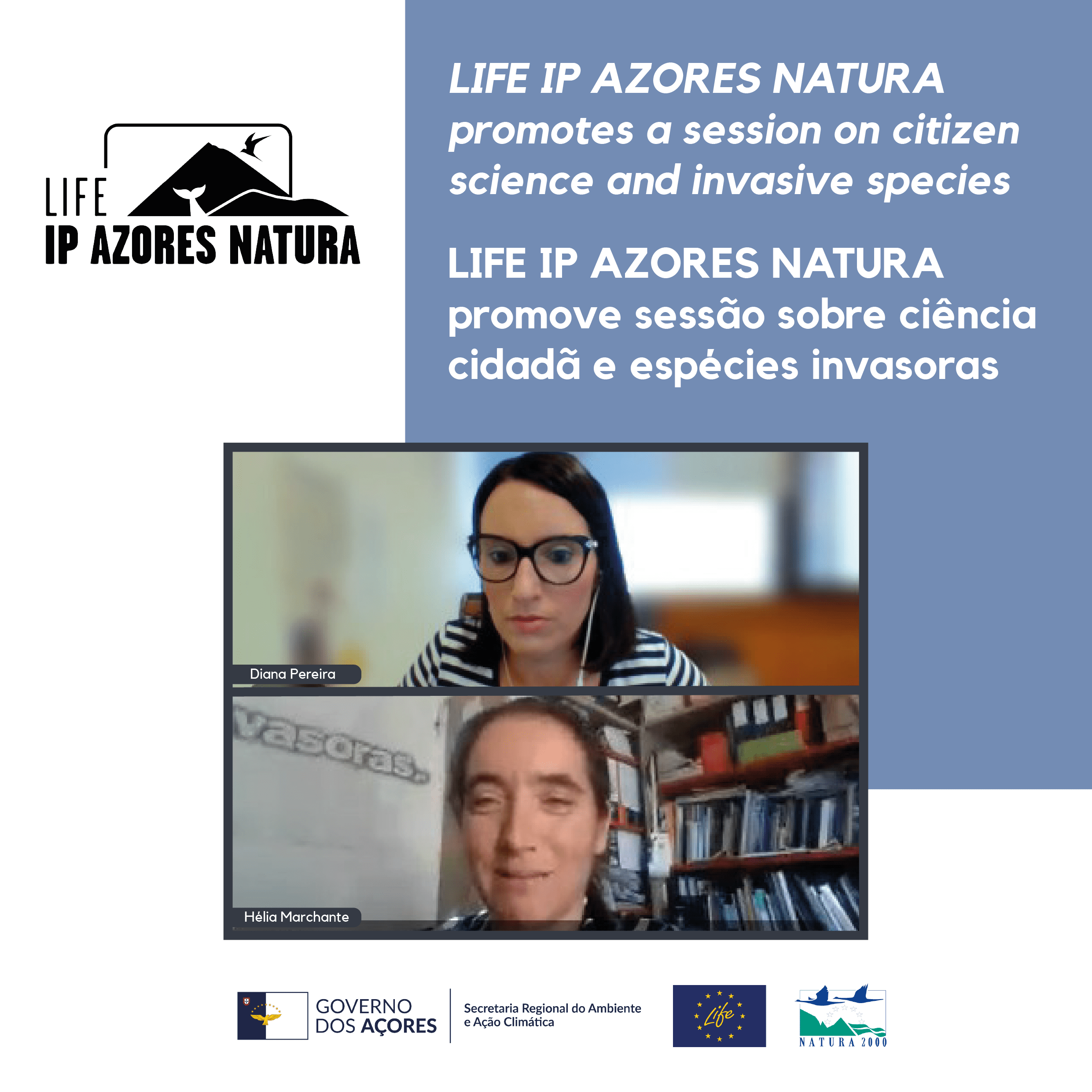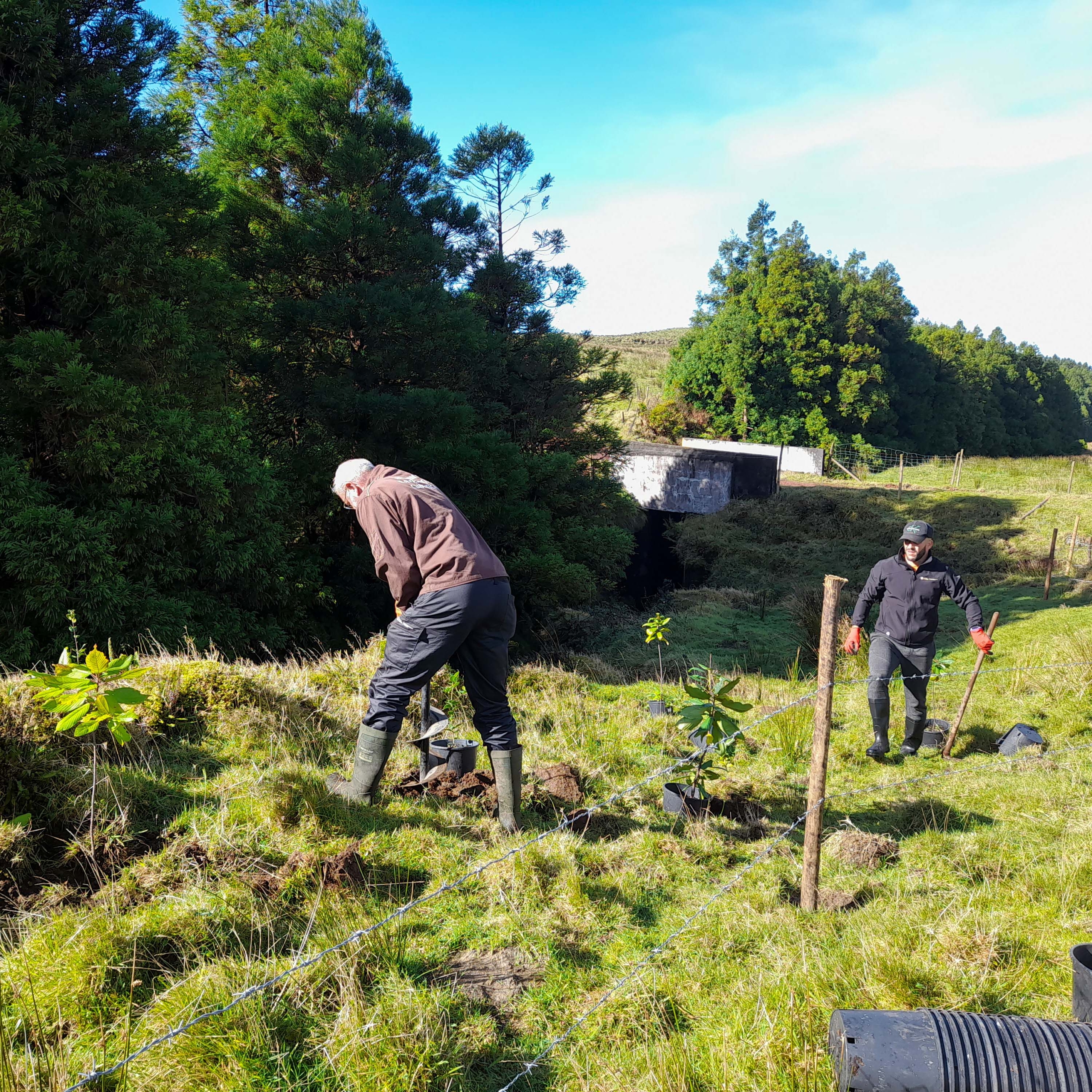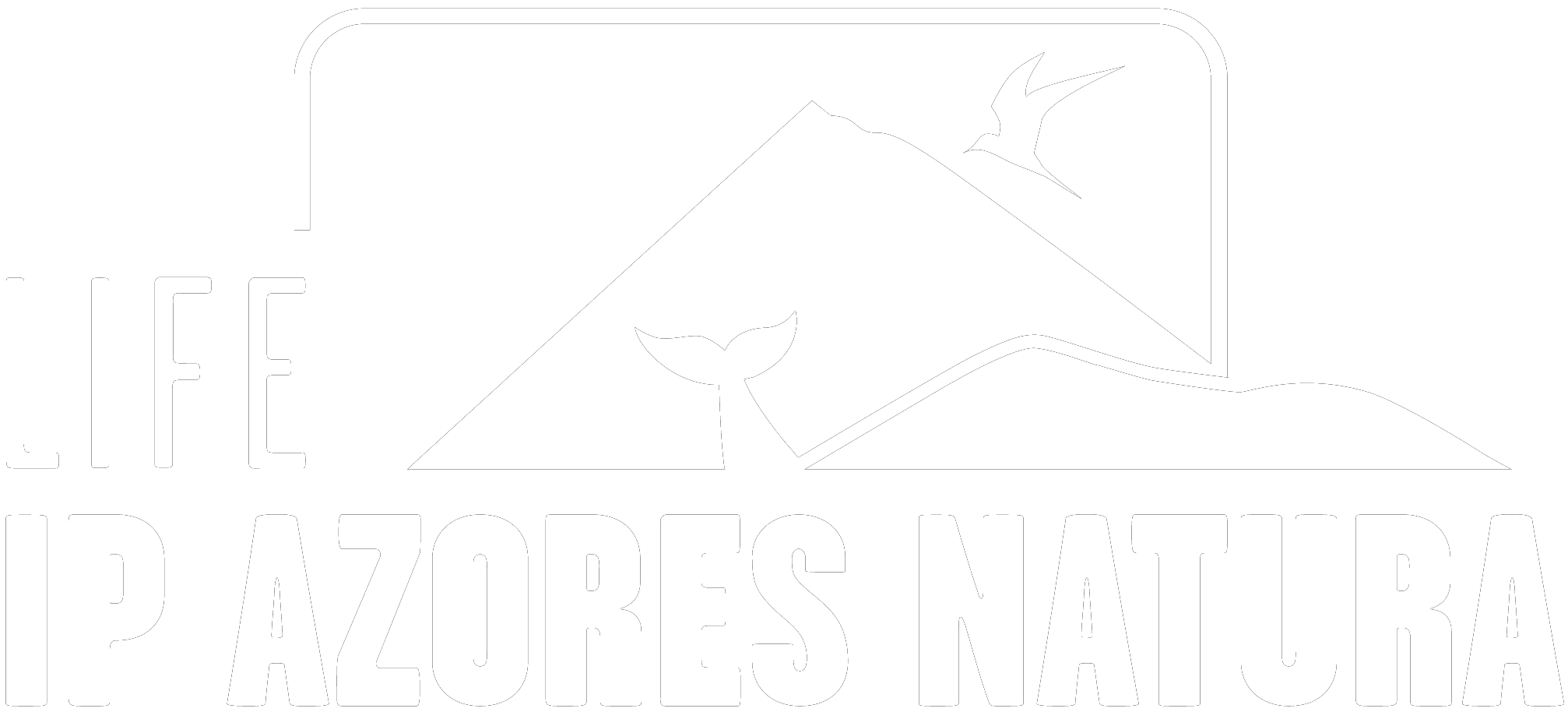As part of the LIFE IP AZORES NATURA project, the Regional Directorate for the Environment and Climate Action (DRAAC) promoted an awareness campaign on the invasive species Cortaderia selloana, commonly known as Pampas Grass.
The initiative aimed to alert public and private entities to the need to control and remove this species, which poses a significant threat to the native biodiversity of the Azores.
As a result, several entities were contacted. They received informational materials and leaflets with guidelines on good removal and control practices, as well as information on the ecological risks associated with Pampas Grass.
Among the most notable examples of participation is the City Council of Ponta Delgada, which has been strengthening its commitment to responsible environmental management. According to the local authority, green space maintenance teams have been removing new seedlings detected in municipal areas, actively contributing to controlling the species’ proliferation.
One of the most successful cases is that of Ponta Delgada Urban Park, where, through manual removal and heavy machinery, all identified specimens were removed from an area of approximately 20 hectares.
Currently, the main challenge lies in an area adjacent to the park, where a lack of human and logistical resources has made regular maintenance difficult. Even so, the City Council plans to remove all specimens using heavy machinery, complementing this action with annual interventions to control new germinations.
In several areas that have already been treated, after cutting and removing invasive plants, native and endemic species such as Laurus azorica, Picconia azorica, Morella faya and Prunus azorica were planted, promoting the ecological recovery of the sites.
This case is an inspiring example of good municipal practice, demonstrating that collaboration between public entities is essential for the success of invasive species control actions in the Azores.
The LIFE IP AZORES NATURA project congratulates the City Council of Ponta Delgada for its work and encourages other local authorities to follow this example, reinforcing sustainable and collaborative environmental management throughout the archipelago.
